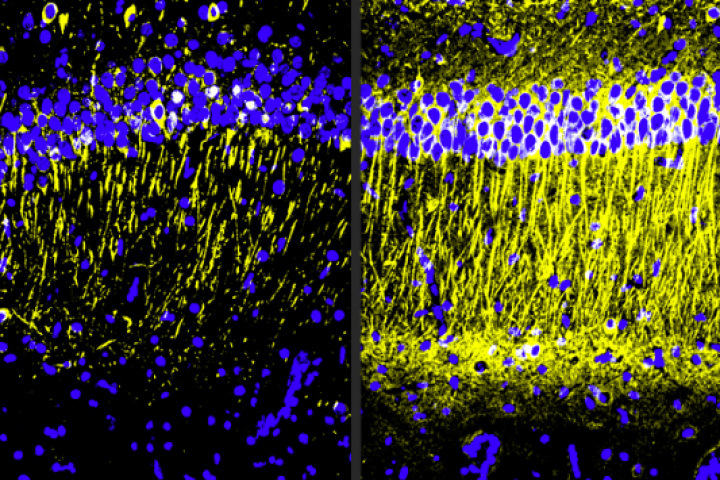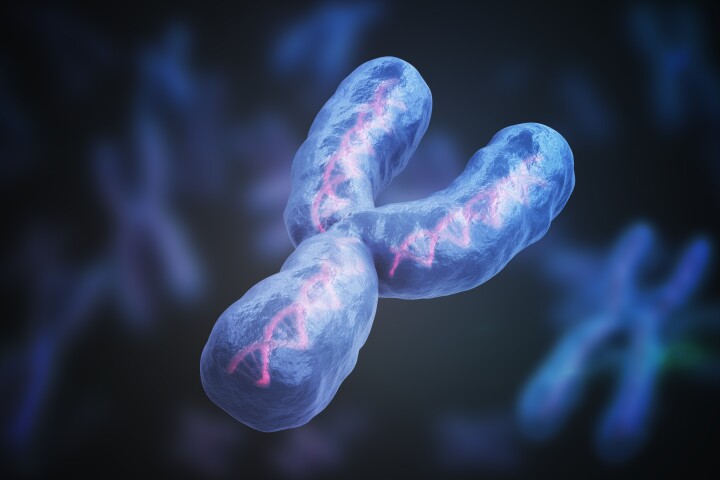molecular biology
-
Implants and tiny machines could eventually help treat disease or monitor activity, but communication is tricky. Now scientists at EPFL have developed a system whereby devices can communicate by releasing molecules into a patient’s bloodstream.
-
You don't have to be a chemistry whiz to know that making a drug for $3 is a damn sight better than its current price tag of $3,200. The scientists behind this never-before-seen method centered around copper and oxygen say it's an industry game-changer.
-
For the first time, scientists have found how our internal body clocks that govern the brain and skeletal system sync up, and upsetting this balance might contribute to injury and accelerate age-related bone and joint decline and disease.
-
Scientists have found the molecular mechanism that causes a losing zebrafish to wave the white flag. While fighting fish in general may not spark a lot of interest, their shared neurobiology with humans means this could be a very significant discovery.
-
In an effort to find new treatments to halt the progression of Alzheimer's disease, scientists have landed on a molecule that can dial down the process that produces brain inflammation – something believed to be inextricably linked to cognitive decline.
-
In what might be a surprise for some, the male sex chromosome is far more complex than its female counterpart. This is why it’s taken scientists so long to work out exactly what makes a male a male. Now, they've completed the elusive Y chromosome map.
-
Imagine being able to take a peptide that could stave off obesity, reverse osteoporosis and combat inflammatory and cardiovascular issues? Scientists have made the first step, discovering how a key protein communicates cell shape changes with the brain.
-
Unfortunately for us, harmful bacteria is incredibly good at adapting to survive. But a team of scientists believes it has the key to killing bugs that resist traditional antibiotics, with an adaptive drug inspired by a military tank.
-
One of the most profound mysteries facing science is how exactly life arose from non-living matter. Now, scientists have pinpointed a particular peptide that potentially kickstarted life – and it could all be nickelback’s fault.
-
A new study suggests natural selection was at work before life itself existed on Earth. By recreating the primordial soup, scientists identified how a cocktail of specific amino acids informed the genetic code of every single lifeform on the planet.
-
DeepMind has expanded its AlphaFold Protein Structure Database to include almost 200 million structures, including almost every protein known to science. Open to the public, this could provide a huge boost to an almost endless variety of research.
-
Princeton University researchers have made a breakthrough in the world of molecular machines, by using self-assembling peptides to form the world's tiniest interlocked biomechanical structures, measuring just one billionth of a meter in size.
Load More











